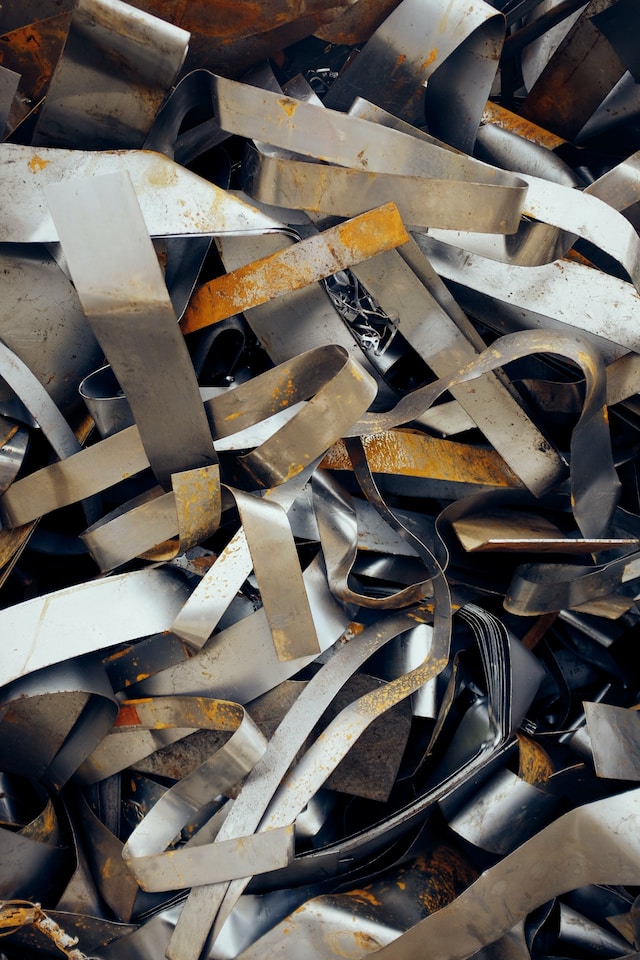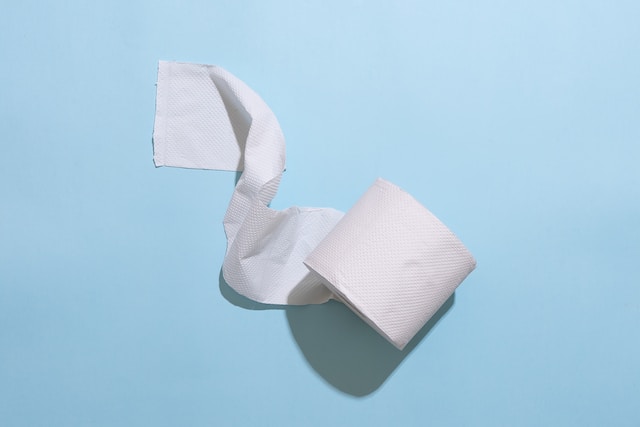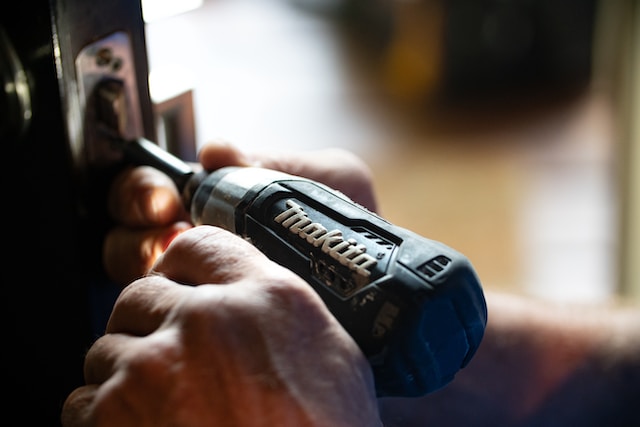In most states, more than 150 million tons of metal are recycled yearly. This includes everything from soda cans to vehicles.
This scrap metal is then used to make new items. Using recycled metal takes less energy than creating products from raw materials.
It also saves on the need to mine natural resources like iron and copper.
It’s Cost-Effective
Businesses that recycle metals benefit from a lower operating cost than those that don’t. Recycling firms purchase, process, and reintegrate base metals like copper, aluminum, nickel, and zinc, then sell them to manufacturers to make new products. These scrap metal prices PA provides jobs and boosts the trade balance, with the country exporting more than a billion in scrap metals yearly.
It also helps the environment by cutting energy use. Creating metal from mined ore requires significant energy while using recycled metal conserves raw materials and reduces greenhouse gas emissions. It takes hundreds, if not thousands, or more years, for metal to break down in landfills, so bringing your unwanted metal to a recycling center is much better.
Two of the most valuable metals for recyclers are copper and aluminum. You may find copper in old plumbing pipes or extension cords, and aluminum can be found in everything from window frames to your old soda cans.
It’s Environmentally Friendly
Using existing metal scrap rather than creating new materials from raw metals requires significantly less energy. This also helps to preserve natural resources and reduces greenhouse gas emissions. It also keeps metals from degrading in landfills, where they can contribute to soil and groundwater pollution.
Recycling is a critical part of the global effort to increase sustainability. If all businesses prioritized recycling, it would go a long way to improving the environment.
Too often, usable metals like copper wires, aluminum cans, steel utensils and pipes, radiators, and old cars end up cluttering garages or storage areas or sitting in junk yards. Many of these items can be recycled and reused, and the money they bring in helps boost local economies and stimulates job growth. Additionally, it aids in reducing the trade imbalance and improves state tax revenues. The economic benefits of scrap metal recycling are numerous. The essential aspect is that it prevents considerable waste from entering landfills.
It’s Economical
Whether you’re a homeowner who collects scrap metal items or a manufacturer that needs to keep costs low, recycling metal is suitable for your wallet. You can get paid for your unwanted copper pipes, aluminum siding, and wires when you bring them to a local scrap yard. The type of materials will determine the exact amount you can receive, market conditions, and the scrap yard itself.
Additionally, the energy saved by using recycled metals rather than mining new ones is substantial. For instance, it takes up to four times as much power to produce a ton of iron from raw materials than steel made from recycled metals. These energy savings can be passed on to consumers, reducing their bills and cutting greenhouse emissions.
Lastly, recycling metals helps to preserve natural resources. For example, mining for virgin iron ore requires large amounts of coal to power the machinery used in the process. This cuts down on carbon emissions, preventing air pollution and climate change.
It’s Fun
Metal recycling is a fun activity that can turn unwanted junk into cash. It is also a great way to clean up your garage or yard and make your environment healthier simultaneously!
The first thing you need to do is identify what type of metal you have. This can be done by testing it against a magnet. It is a ferrous metal such as iron or steel if it sticks. If not, it is a non-ferrous metal such as copper, brass, zinc, or aluminum.
Non-ferrous metals are much more valuable than ferrous metals. They are found in many places, including copper wires (usually reddish when new but can darken with age), old cooking pans, plumbing pipes, and even those soda and beer cans you’ve been storing in your shed. Recycling these materials takes less energy than mining for new metal, which helps save the environment by reducing air and water pollution, soil degradation, and greenhouse gas emissions.




